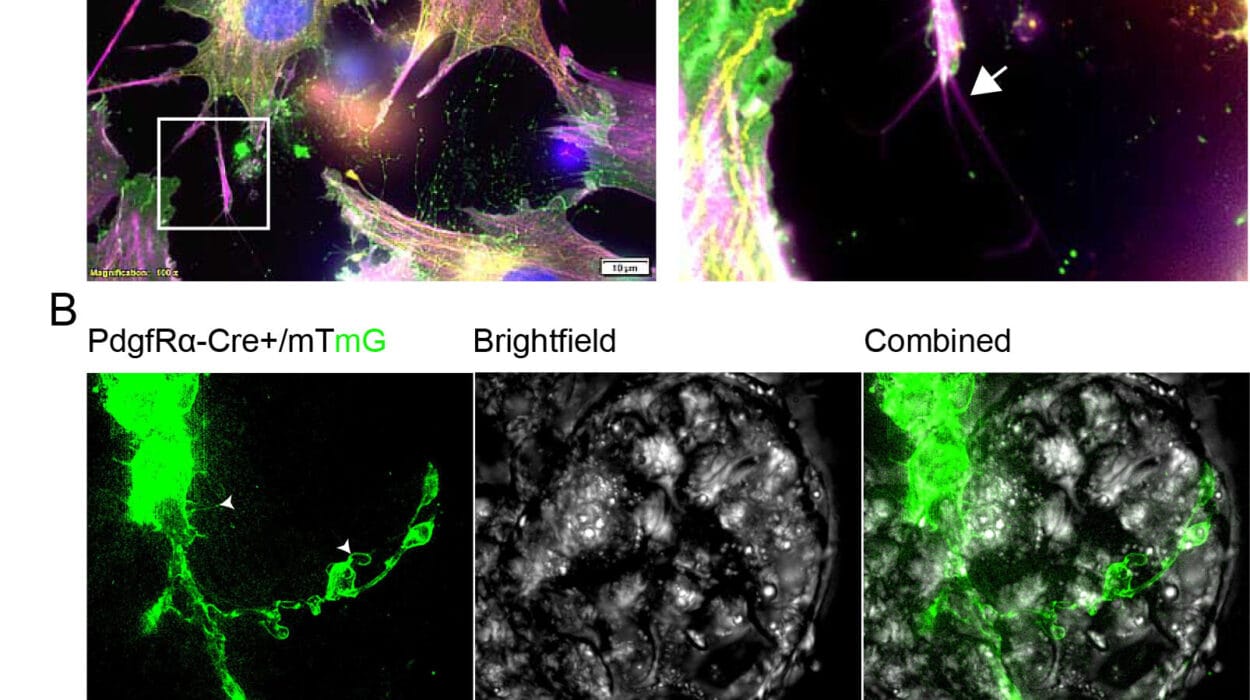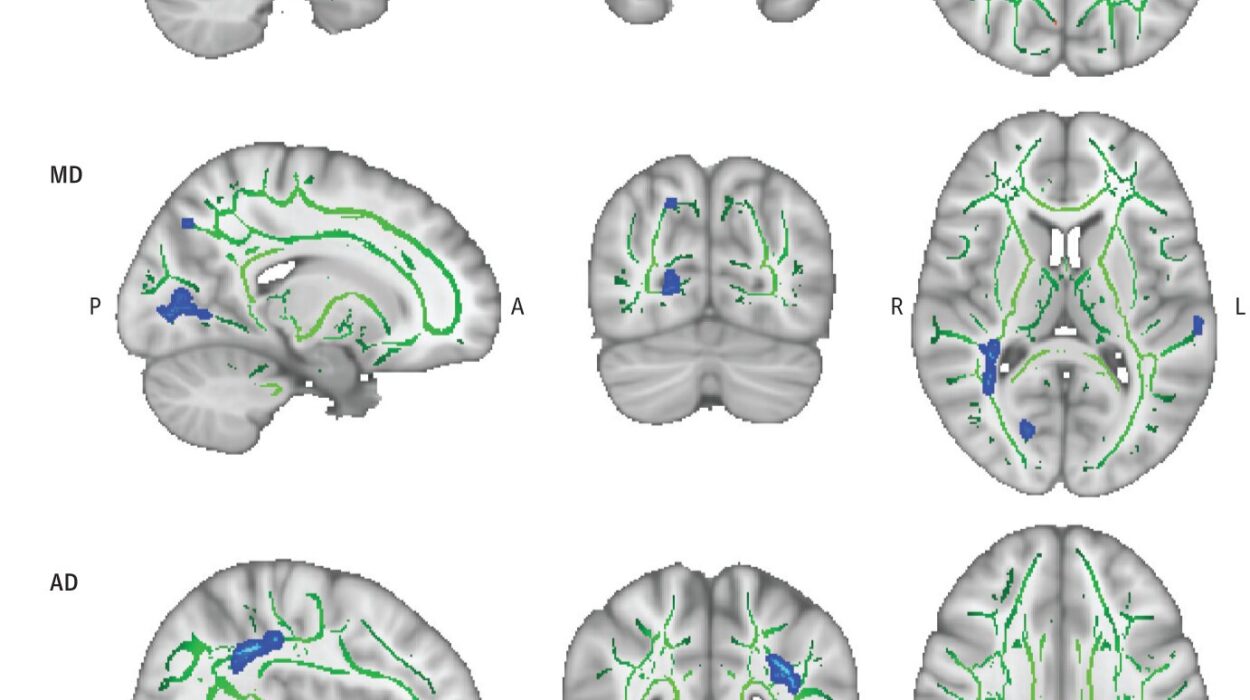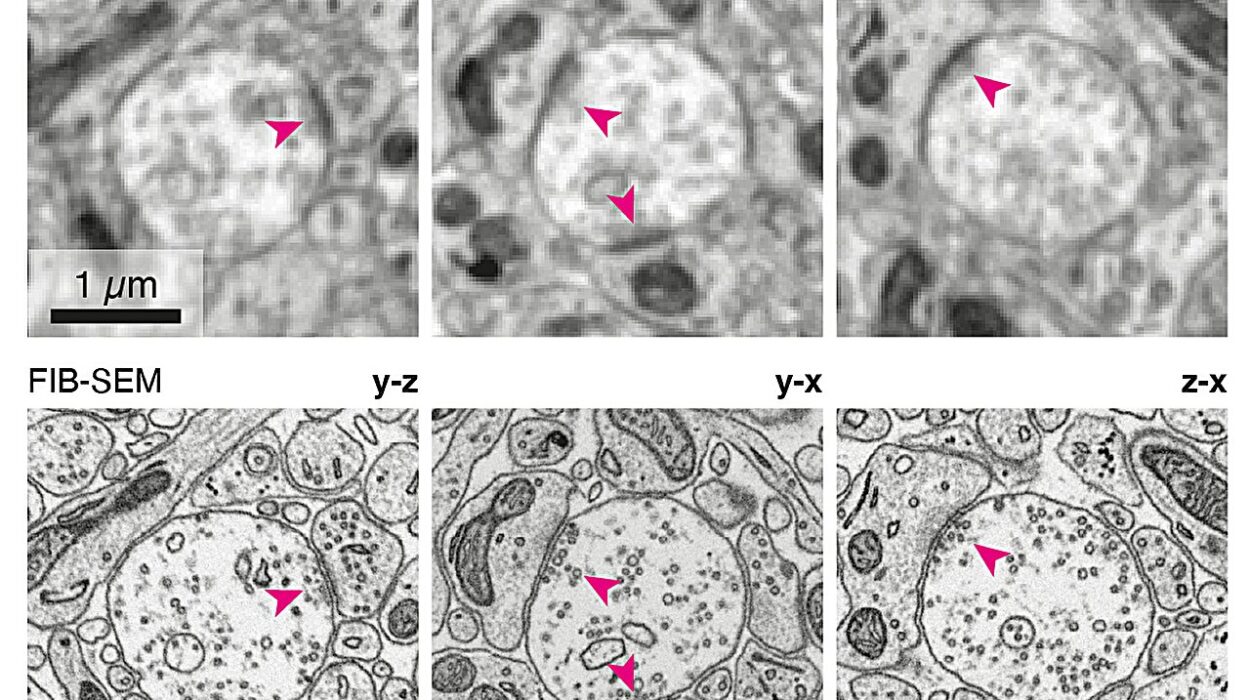High blood pressure, also known as hypertension, is often referred to as the “silent killer”—and for good reason. You can live with it for years without a single symptom, all while it quietly damages your heart, blood vessels, kidneys, and brain. By the time signs appear, it may already have left a trail of destruction in your body. In a world where stress is constant, diets are processed, and sedentary lifestyles are the norm, high blood pressure has emerged as a global epidemic affecting more than a billion people.
But what exactly causes blood pressure to rise? Why do some people develop hypertension while others don’t? And what role do our genes, behaviors, and environments play in turning up the pressure inside our arteries? To understand high blood pressure is to dive into a complex interplay of biology, psychology, and daily habits. It’s not just about salt shakers and stress—it’s about the subtle imbalances and silent risks that accumulate over time.
The Mechanics of Blood Pressure: A Delicate Balance
Before exploring the causes, it’s helpful to understand what blood pressure really is. Every heartbeat sends blood coursing through your arteries. That force—the push of blood against artery walls—is your blood pressure. It’s measured using two numbers: systolic (the pressure when the heart beats) and diastolic (the pressure when the heart rests between beats). Normal readings hover around 120/80 mmHg.
This system is remarkably precise. Like a thermostat, your body has mechanisms to regulate pressure to ensure every organ receives just the right amount of blood. But when this regulation falters, the balance tips—and pressure begins to climb. Over time, elevated pressure forces the heart to work harder, stretches artery walls, and lays the groundwork for heart attacks, strokes, and kidney disease.
So what causes this regulatory system to fail? Let’s unravel the many layers—biological, behavioral, and environmental—that contribute to high blood pressure.
Genetics: The Blueprint You Didn’t Choose
Your DNA plays a foundational role in your blood pressure levels. Family history is one of the strongest predictors of hypertension. If your parents or grandparents had high blood pressure, you’re more likely to develop it too. Certain gene variants affect how your body handles salt, regulates blood volume, or responds to stress hormones—all of which influence blood pressure.
However, genetics is not destiny. Just because you carry a genetic risk doesn’t mean you’re doomed. Genes load the gun, but lifestyle pulls the trigger. In many cases, hypertension is a product of genetic susceptibility interacting with modern behaviors.
Researchers are still unraveling the genetic complexities of blood pressure. More than 1,000 genes have been linked to it, but no single gene determines your fate. Instead, it’s a combination of small effects from many genes that tip the scale.
Salt and Sodium: More Than Just a Flavor Boost
If there’s one dietary villain in the hypertension story, it’s sodium. Found in table salt and hidden in processed foods, sodium plays a crucial role in fluid balance. Too much of it causes the body to retain water, increasing the volume of blood in the arteries and raising pressure.
Not everyone is equally salt-sensitive. Some people can eat salty foods with little effect on their blood pressure, while others experience sharp increases. African Americans, older adults, and people with kidney disease tend to be more salt-sensitive.
The real problem isn’t the salt shaker—it’s the processed food industry. Nearly 70% of the sodium in the average diet comes from packaged and restaurant foods, not from what we add during cooking. Breads, sauces, snacks, and deli meats all harbor high levels of sodium, often without tasting overly salty.
Reducing sodium intake—especially when paired with more potassium-rich foods like bananas, spinach, and avocados—can significantly lower blood pressure and reduce the risk of heart disease.
The Obesity Connection: When Extra Weight Adds Extra Pressure
Carrying extra weight puts more strain on nearly every system in the body—and blood pressure is no exception. Obesity is one of the strongest predictors of hypertension. The more body mass you carry, especially around your abdomen, the more likely you are to develop high blood pressure.
There are several reasons for this. Fat tissue requires more blood supply, which increases the workload on the heart. Excess weight also increases insulin resistance and inflammation, both of which contribute to vascular damage and higher pressure. Moreover, fat cells release substances that disrupt the balance of hormones involved in regulating blood pressure.
Even modest weight loss—just 5-10% of body weight—can lead to meaningful reductions in blood pressure. For some people, losing weight may even normalize it without the need for medication.
Stress and Anxiety: The Invisible Trigger
Stress doesn’t just mess with your mood—it messes with your blood pressure. When you’re under stress, your body releases a flood of hormones like adrenaline and cortisol. These hormones prepare your body for “fight or flight” by raising heart rate, constricting blood vessels, and increasing blood pressure.
In a healthy system, this response is temporary. But chronic stress keeps your body in a state of tension. Over time, repeated surges in blood pressure damage the arteries and make high pressure the new normal.
Worse, stress often leads to unhealthy behaviors like overeating, drinking alcohol, smoking, or skipping exercise—all of which contribute to hypertension. Sleep disturbances caused by stress also prevent the body from properly regulating pressure during the night, further compounding the issue.
Stress management techniques—like mindfulness, yoga, deep breathing, and therapy—can help reduce both emotional strain and physical pressure.
Physical Inactivity: When Stillness Builds Pressure
The human body was designed to move. Physical activity helps keep blood vessels flexible, strengthens the heart, and reduces stress hormones—all of which support healthy blood pressure. Yet, in our modern sedentary world, long hours of sitting have become the norm.
A lack of physical activity is a major contributor to hypertension. It slows metabolism, promotes weight gain, and increases stiffness in the arteries. Conversely, regular exercise acts like a natural blood pressure medication. It improves blood flow, reduces inflammation, and helps the heart pump more efficiently.
You don’t have to become a marathon runner. Even 30 minutes of moderate activity most days of the week—walking, biking, swimming—can make a big difference. Over time, consistent movement rewires the body’s systems to operate more efficiently and under less pressure.
Alcohol and Tobacco: Poison for the Pipes
Both alcohol and tobacco have significant impacts on blood pressure. While moderate alcohol consumption may offer some cardiovascular benefits, excessive drinking raises blood pressure by damaging the heart, stiffening arteries, and disrupting the nervous system.
Cigarette smoking, on the other hand, is a full-blown assault on the circulatory system. Nicotine constricts blood vessels, increases heart rate, and elevates blood pressure instantly. Over time, smoking contributes to the thickening and narrowing of arteries, making hypertension harder to control.
Even exposure to secondhand smoke can raise blood pressure, especially in children. Quitting smoking and limiting alcohol intake are two of the most effective ways to protect your cardiovascular health and reduce hypertension risk.
Hormonal Disorders and Medical Conditions
Sometimes high blood pressure is a symptom of another underlying condition. This is called secondary hypertension, and it accounts for about 10% of cases. Common medical causes include:
- Kidney disease: When the kidneys can’t filter blood properly, fluid builds up, increasing pressure.
- Sleep apnea: This condition disrupts breathing during sleep and can raise nighttime and daytime blood pressure.
- Adrenal gland disorders: These glands produce hormones that regulate blood pressure. Tumors or overactivity can lead to excessive hormone production.
- Thyroid problems: Both overactive and underactive thyroid glands can impact blood pressure.
- Preeclampsia: A dangerous pregnancy-related condition that causes high blood pressure and organ damage.
Identifying and treating these root causes is essential for managing hypertension effectively. In many cases, treating the underlying disorder can resolve the blood pressure issue.
Aging and Artery Stiffness
As we age, our arteries naturally lose their elasticity. This stiffening makes it harder for the blood vessels to expand and contract with each heartbeat, leading to higher pressure. Aging also brings changes in hormone levels, kidney function, and nervous system activity—all of which affect blood pressure regulation.
While aging itself is not preventable, healthy lifestyle choices can slow the process and maintain vascular health. Many older adults can manage their blood pressure effectively through diet, exercise, and medication, avoiding the complications of uncontrolled hypertension.
Diet Beyond Salt: Sugar, Fat, and Micronutrient Imbalances
While sodium often takes the blame, other aspects of modern diets also contribute to hypertension. Diets high in refined sugars and saturated fats promote weight gain, insulin resistance, and inflammation—three key players in high blood pressure.
On the flip side, deficiencies in key nutrients like potassium, magnesium, and calcium can also disrupt the body’s ability to regulate pressure. These minerals help balance sodium levels and support muscle and nerve function.
Whole foods—fruits, vegetables, lean proteins, whole grains—form the foundation of a blood pressure-friendly diet. The DASH diet (Dietary Approaches to Stop Hypertension) has been extensively studied and shown to lower blood pressure significantly by emphasizing nutrient-rich, low-sodium foods.
Medications and Substances
Certain prescription and over-the-counter medications can elevate blood pressure as a side effect. These include:
- Nonsteroidal anti-inflammatory drugs (NSAIDs)
- Decongestants (like pseudoephedrine)
- Birth control pills
- Steroids
- Antidepressants
- Caffeine-containing supplements
Illicit drugs like cocaine and amphetamines can cause sudden, dangerous spikes in blood pressure and permanent cardiovascular damage.
If you have high blood pressure and are taking any medications or supplements, it’s crucial to review them with your doctor. Adjusting or substituting them may help bring your pressure under control.
Social and Environmental Factors: The Bigger Picture
Where you live, work, and play can also influence your blood pressure. Noise pollution, exposure to air pollutants, lack of green spaces, and neighborhood stressors all contribute to cardiovascular strain. Social determinants like income, education, and access to healthcare create disparities in hypertension prevalence and outcomes.
People in high-stress, low-resource environments often face higher risks due to limited access to healthy foods, safe exercise spaces, and preventive care. Addressing these systemic issues is key to reducing the global burden of hypertension.
Conclusion: Pressure with a Purpose
High blood pressure may be silent, but it’s anything but simple. It reflects the sum of countless influences—genetic, behavioral, emotional, and environmental—converging in the intricate dance of your cardiovascular system.
Understanding what causes high blood pressure is not about pointing fingers or placing blame. It’s about empowering yourself with knowledge. Every bite you eat, every step you take, every breath you draw plays a role in shaping your internal pressure. And the beauty is, you have more control than you think.
While some risk factors like age and genes can’t be changed, many can. Through conscious choices—healthy eating, movement, stress reduction, and medical care—you can reduce your pressure and reclaim your health.
In the end, managing high blood pressure isn’t just about numbers on a screen. It’s about living longer, feeling stronger, and creating a future with more heartbeats—each one steady, strong, and free from silent danger.






